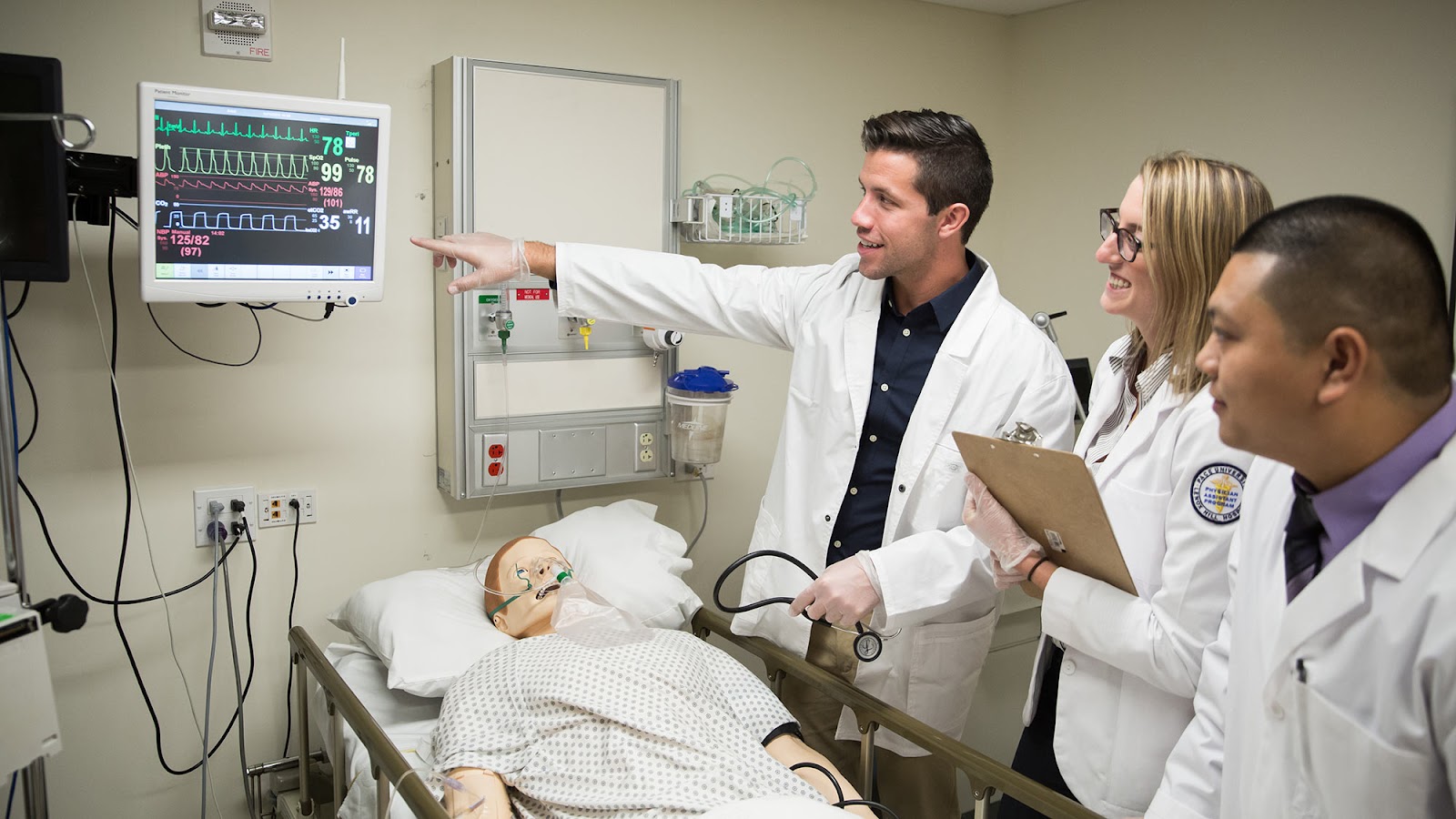Physician assistants play a crucial role in the healthcare system of Massachusetts, contributing significantly to patient care and outcomes. With a growing demand for qualified professionals in this field, pursuing a career as a physician assistant in Massachusetts can be both rewarding and fulfilling. This comprehensive guide outlines the steps required to become a licensed physician assistant in the state, from choosing the right educational program to maintaining licensure and staying current in the field.
Step 1: Discover Accredited Massachusetts Physician Assistant Programs for Licensure
Importance of Accreditation
One of the first and most crucial steps towards becoming a licensed physician assistant in Massachusetts is to enroll in an accredited PA program. Accreditation ensures that the program meets the necessary standards of quality and rigor set forth by accrediting bodies. In Massachusetts, aspiring PAs must graduate from a program approved by the Accreditation Review Commission on Education for the Physician Assistant (ARC-PA). This accreditation is not only a requirement mandated by the state’s Physician Assistant Board but also a mark of excellence in education and training.
List of Accredited PA Programs in Massachusetts
To assist aspiring physician assistants in their search for accredited programs in Massachusetts, below is a list of institutions offering ARC-PA approved PA programs in the state:
| Institution | Location | Program Type |
|---|---|---|
| Boston University | Boston, MA | Master’s Program |
| MCPHS University | Worcester, MA | Doctoral Program |
| Springfield College | Springfield, MA | Master’s Program |
By choosing a program from this list, prospective PAs can ensure that they are receiving a high-quality education that meets the state’s licensure requirements.
Program Curriculum and Requirements
In addition to accreditation, prospective PA students should carefully review the curriculum and requirements of each program to ensure it aligns with their career goals and interests. Programs may vary in terms of duration, coursework, clinical rotations, and specialization options, so thorough research is essential to make an informed decision about which program to pursue.
Lorem ipsum dolor sit amet, consectetur adipiscing elit. Sed eget risus vitae nunc vehicula tincidunt. Nullam euismod purus ac ligula convallis, sed ultricies justo tempor.
Step 2: Become Nationally Certified
Importance of National Certification
After completing a PA program, the next step towards becoming a licensed physician assistant in Massachusetts is obtaining national certification through the National Commission on Certification of Physician Assistants (NCCPA). National certification demonstrates that a PA has met the rigorous standards set by the NCCPA and is competent to practice in the field.
NCCPA Certification Exam
The NCCPA administers the Physician Assistant National Certifying Exam (PANCE), which assesses the knowledge and skills necessary for entry-level PA practice. To be eligible to take the exam, candidates must graduate from an accredited PA program and meet other specific requirements outlined by the NCCPA.
Maintaining Certification
Once certified, PAs must fulfill continuing education requirements and pass the Physician Assistant National Recertifying Exam (PANRE) every ten years to maintain their certification. This commitment to ongoing learning and professional development ensures that PAs stay current with advances in healthcare and provide high-quality care to their patients.
Lorem ipsum dolor sit amet, consectetur adipiscing elit. Sed eget risus vitae nunc vehicula tincidunt. Nullam euismod purus ac ligula convallis, sed ultricies justo tempor.
Step 3: Apply for a State License
State Licensure Process
Upon obtaining national certification, aspiring physician assistants in Massachusetts must apply for a state license to practice legally within the state. The Massachusetts Board of Registration of Physician Assistants oversees the licensure process and sets out the requirements that applicants must fulfill to obtain their license.
Application Requirements
To apply for a Massachusetts PA license, candidates typically need to submit proof of national certification, official transcripts from their PA program, letters of recommendation, and any other documents required by the state board. Additionally, applicants may need to pass a state-specific jurisprudence exam to demonstrate their knowledge of Massachusetts laws and regulations governing PA practice.
License Renewal
Massachusetts PAs must renew their licenses periodically to continue practicing in the state. License renewal requirements may include completing a certain number of continuing education credits, paying a renewal fee, and meeting any other criteria set by the state board.
Lorem ipsum dolor sit amet, consectetur adipiscing elit. Sed eget risus vitae nunc vehicula tincidunt. Nullam euismod purus ac ligula convallis, sed ultricies justo tempor.
Conclusion
Becoming a licensed physician assistant in Massachusetts is a rewarding journey that requires dedication, hard work, and a commitment to lifelong learning. By following the steps outlined in this guide, aspiring PAs can embark on a fulfilling career in healthcare and make a meaningful impact on the lives of patients across the state. From choosing the right educational program to obtaining national certification and securing a state license, each step plays a crucial role in shaping the future success of a physician assistant in Massachusetts.
Also, understanding the salary landscape is essential for aspiring physician assistants. While salaries can vary based on factors like experience, specialty, and location, PAs in the state typically earn competitive compensation reflective of their vital role in healthcare delivery.




